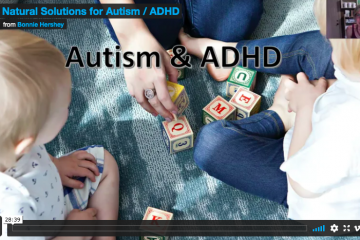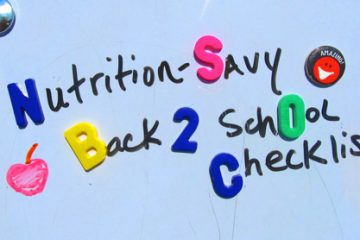Top Ten Nutrition Remedies For Learning Challenges
An inordinate amount of kids today struggle with learning challenges. ADD, ADHD, and Autism have all been on the rise in the last few decades. While medication still remains the most common prescription, it comes with a bunch of unwanted side effects and tends to make the problem worse in the long run.
The great news is that nutrition remedies for learning challenges can prove very successful. And these only come with side benefits! There are many things you can do at home for your child that can aid their learning this year. Try some or all of the ideas below.
These nutrition remedies are in no particular order.
1. Replace cow’s milk with an alternative option.
A hidden allergy/sensitivity to cow’s milk is not uncommon, and we honestly just consume too much milk in our American diet. Certain kids can have a hard time digesting cow’s milk, and this can cause them to act out in different ways. Try using organic soy milk or goat’s milk instead.
2. Reduce or eliminate the added sugars and sweets each day.
The sugar addiction is very real, and it’s a battle worth fighting. An overabundance of sugar easily contributes to hyperactivity and blood sugar swings. [1. Crook, W.G., Journal of Learning Disabilities, “Can What a Child Eats Make Him Dull, Stupid or Hyperactive?”, 1980; 13:53-58.]
3. Serve a healthy, brain-boosting breakfast before school.
A healthy breakfast for kids includes foods with high fiber, high protein, and low sugar. Our kids’ brains need to be given good fuel at the beginning of the day. Sending our kids to school without a healthy breakfast is like sending them to school without their brains.
4. Add a reliable and effective probiotic daily.
A large percent of neurotransmitters reside in the gut. This gut-brain connection is getting a lot of attention from researchers, and rightly so. So many kids today struggle with an undiagnosed gut bacteria imbalance. This can affect Autism and mood. [2. Shaw, W., Chavis, E., Luxem, M., “Abnormal Urine Organic Acids Associated with Fungal Metabolism in Urine Samples of Children with Autism: Preliminary Results of a Clinical Trial with Antifungal Drugs,” the Proceedings Meeting of the Autism Society of America, 1995.] Probiotics are key to keeping this in check. However, not all probiotics are created equal, so be sure to do your research.
5. Serve fatty fish three times a week.
Ok, if that’s a little unrealistic, then you can supplement daily with pure Omega-3 fatty acids (DHA and EPA) for brain development. [3. A Rios-Hernandez et al, Pediatrics DOI:10.1542/peds.2016-2027] Omega-3 supplements rich in DHA can be beneficial for any child with poor attention span. [4. Bos et al, Neuropsychopharmacology, 40: 2298-2306, 2015]
6. Eliminate artificial colors from your processed foods.
While all artificial ingredients are great to stay away from, red dye is an especially nasty contributer to hyperactivity. [5. Crook, “Dull, Stupid or Hyperactive?”]
7. Add a safe form of soy protein to your child’s daily diet.
Soy protein isolate powder is concentrated and very versatile. It can help reduce blood sugar drops that contribute to hyperactivity and/or lack of attention. However not all soy isolate powders are created equal either nor are they all beneficial. The soy manufacturing process makes a big difference.
8. Prevent daily mineral/nutrient deficiencies with a children’s multivitamin.
You’ll want to choose one without artificial colors, sweeteners or preservatives. Again,compare kids vitamins, and do your research.
9. Replace sodas and fruit drinks with water.
 Sodas and fruit drinks are a huge source of added sugar in today’s diet. This added sugar (and in many drinks, caffeine) is counterproductive to creating a great learning environment. Taking these out of your home will have numerous positive side benefits for everyone!
Sodas and fruit drinks are a huge source of added sugar in today’s diet. This added sugar (and in many drinks, caffeine) is counterproductive to creating a great learning environment. Taking these out of your home will have numerous positive side benefits for everyone!
10. Lastly, serve lots of fresh fruits and veggies daily!
Whole-food snacking is way more beneficial for our kids and their brains than processed and packaged foods.
Have you also found some helpful nutrition remedies for learning challenges? Please comment and share below!
Featured image photo credit. [6. allprof Flickr via Compfight cc]



0 Comments